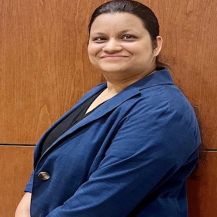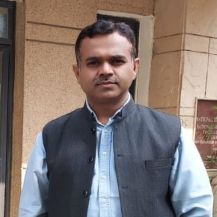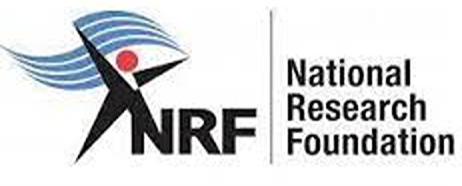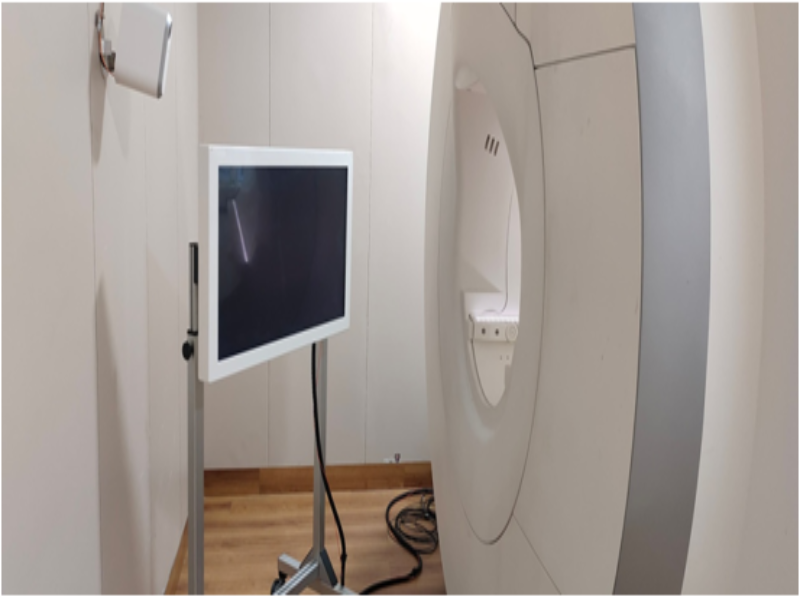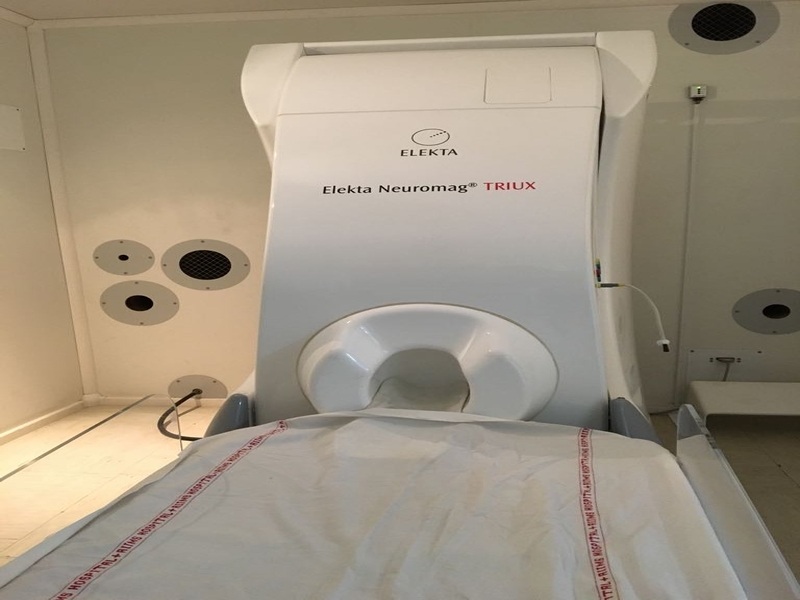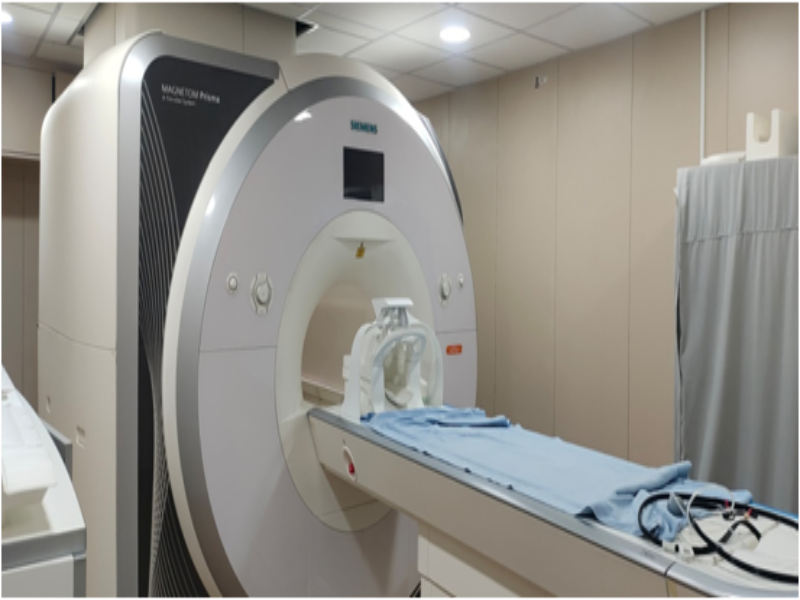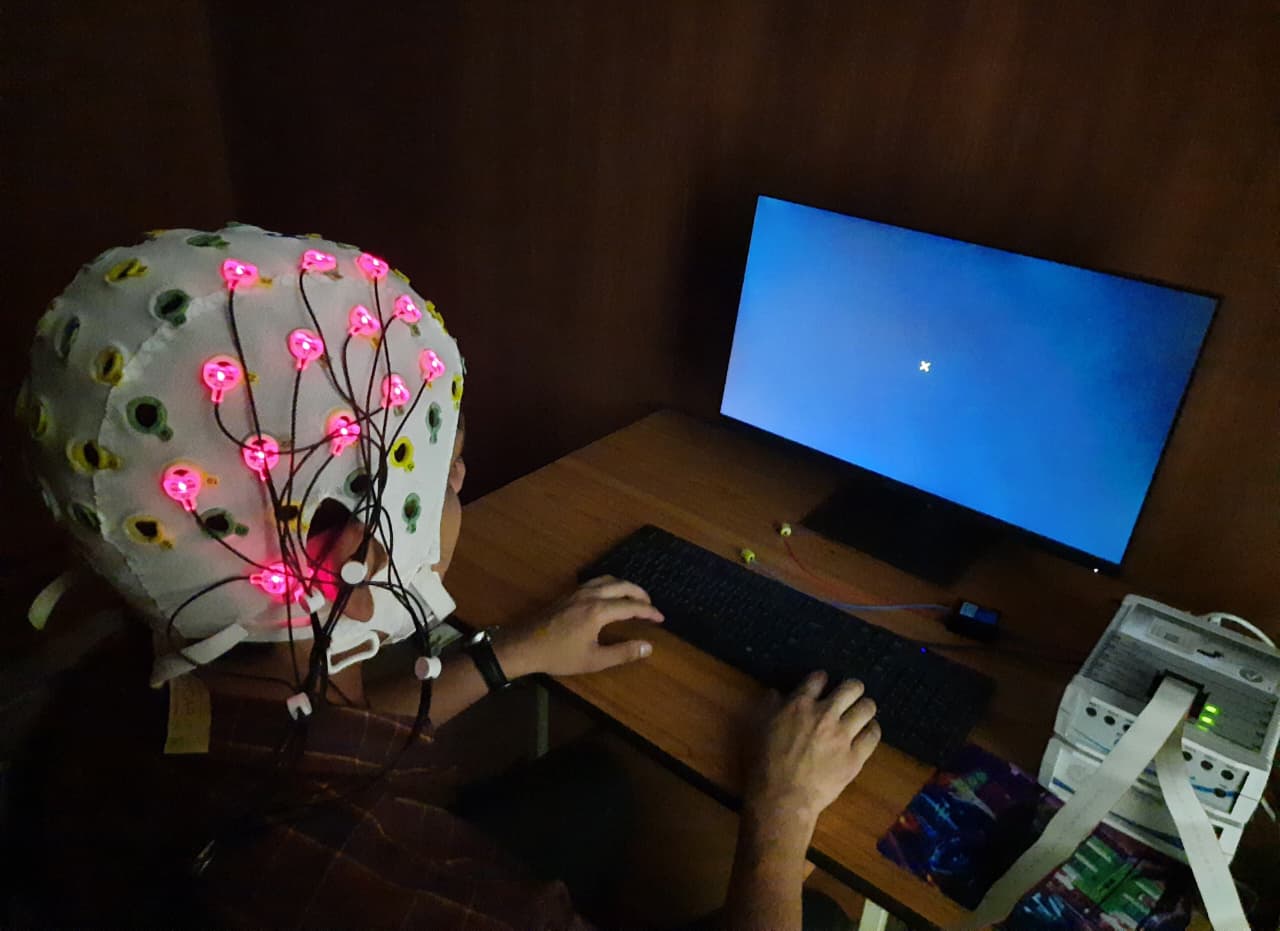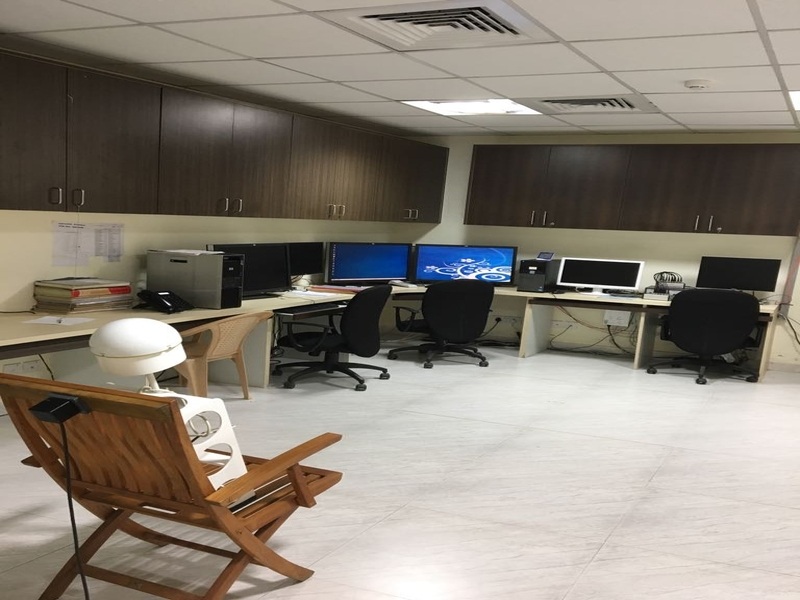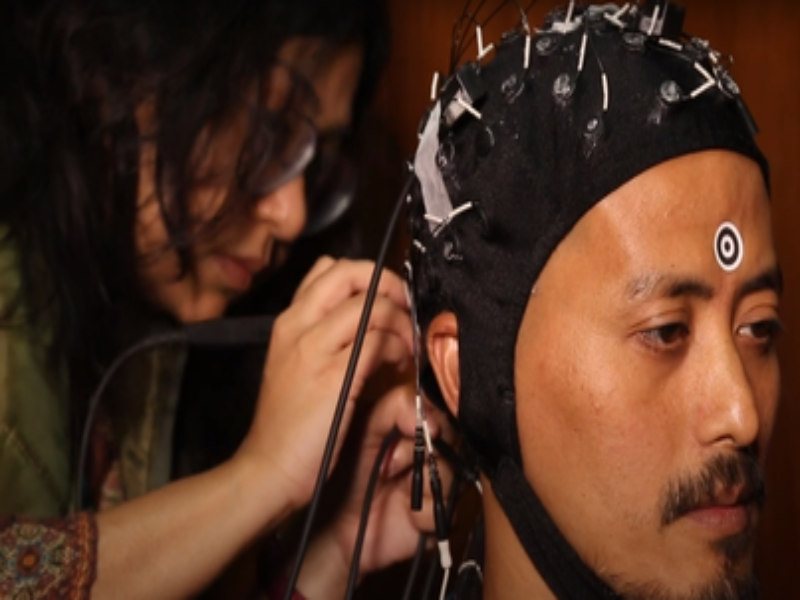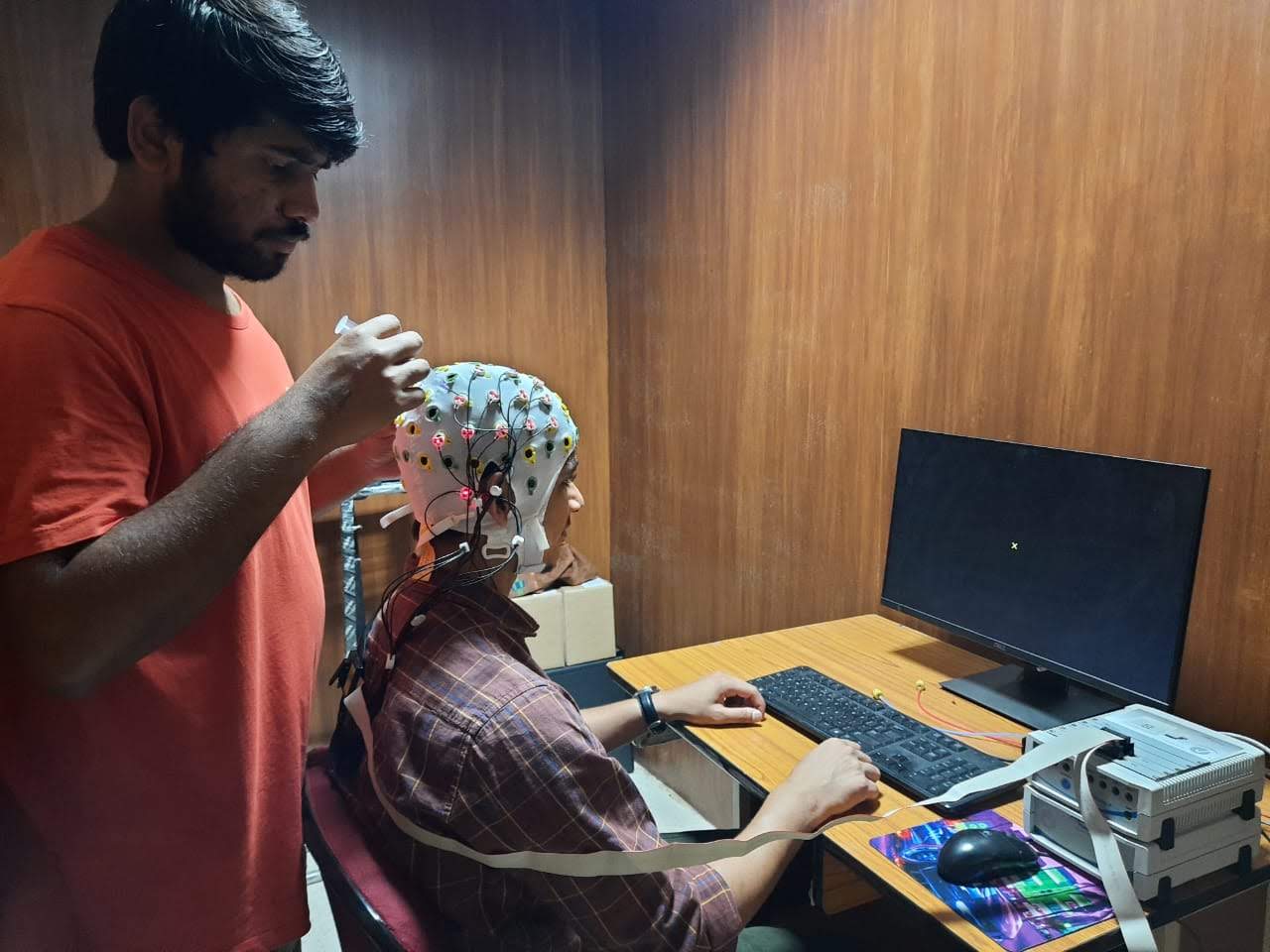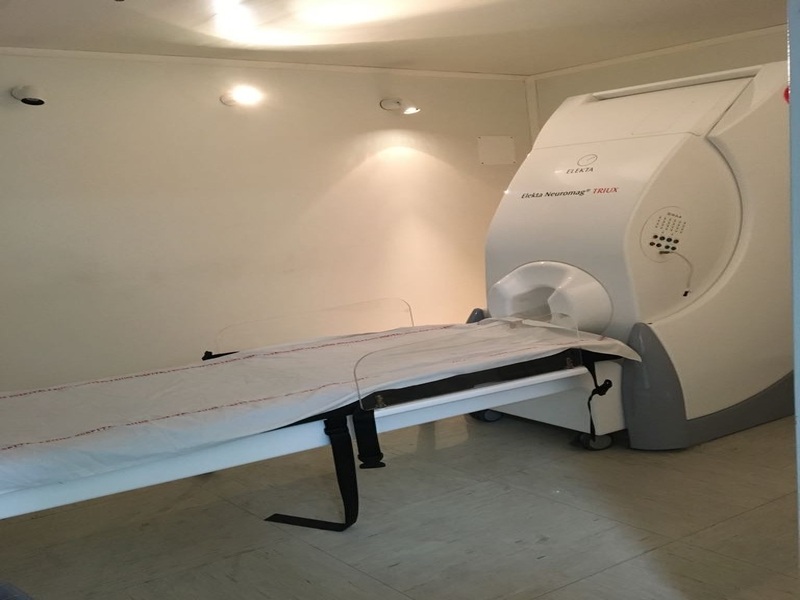About workshop
Objectives
Neuroimaging is a rapidly advancing field that has greatly expanded our understanding of the human brain in both health and disease. It plays a crucial role in clinical management of conditions such as stroke, brain tumors, and Alzheimer’s disease, and supports research into cognitive and emotional processes like self-awareness, language, sensory perception, and decision-making. Recent developments also enable exploration of disorders such as addiction, providing insights into brain circuits linked to reward, impulse control, and craving. This interdisciplinary field brings together neuroscience, psychology, engineering, and computational science to non-invasively study brain structure and function in real time, opening new avenues for diagnosis and therapeutic monitoring. The 3-day Workshop will introduce participants to key neuroimaging techniques, including MRI, fMRI, MRS, and EEG, covering both high spatial and temporal resolution methods. Through expert-led lectures and hands-on sessions, students will gain practical experience using high-field MRI and high-density EEG, with applications spanning human and preclinical (non-human primate) imaging. Special topics will include olfaction to study brain-limbic interactions and early changes in addiction and neurodegeneration. The Workshop aims to equip young researchers with both theoretical knowledge and applied skills, addressing growing need for neuroimaging expertise in the Asia.
Highlights
Hands-on Training in Essential Neuroimaging Techniques Expertled Lectures and Demonstrations
Practical Sessions for Skill Development
Networking Opportunities with Peers and Experts


